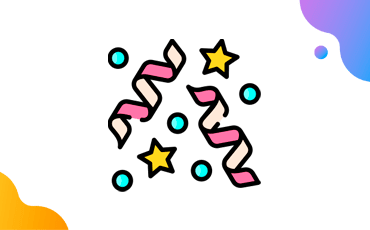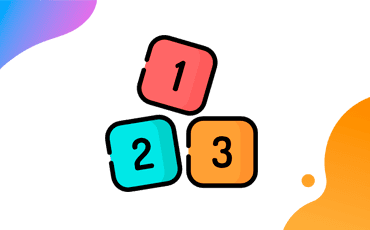Существуют такие понятия как «прямая речь» и «косвенная речь». Скорее всего, о прямой речи известно всем, это, так называемая, речь в кавычках. Косвенная речь в английском языке применяется, когда мы хотим сообщить то, что сказал другой человек, тогда используется косвенная речь. Например:
“I want a cup of coffee.” (прямая речь)
She said that she wanted a cup of coffee. (косвенная речь)

В зависимости от типа трансформируемого предложения (утвердительное, вопросительное или просьба) будет меняться его структура.
Обратите внимание, что при трансформации в косвенную речь, очень часто нужно менять:
- местоимения
- время (backshift)
- указатели времени и места
Утвердительные предложения
1. Если вводное предложение при прямой речи стоит в Present Simple, то в косвенной речи не происходит сдвига (замены) времен:
- She says, “I like ice cream” — She says that she likes ice cream.
Как видно из примера, изменилось местоимение из I на she, поэтому изменился и глагол из like на likes, но остался в том же времени.
2. Если вводное предложение в прошедшем времени, то и основное меняем на прошедшее (backshift):
- She said, “I like ice cream” — She said that she liked ice cream.
- My sister said, “I have just come back from the park” — My sister told me that she had just come from the park.
- Kate said “I am going to buy a new car” — Kate said that she was going to buy a new car.
- “I will be 30 next summer”, said Tom — Tom said that he would be 30 the following summer.

Таблица изменения времен в косвенной речи
| Direct Speech | Reported Speech |
|---|---|
| Present Simple | Present Simple |
| Present Continuous | Past Continuous |
| Past Simple | Past Perfect |
| Present Perfect | |
| Past Perfect | |
| Past Continuous | Past Perfect Continuous |
| Past Perfect Continuous | |
| Present Perfect Continuous | |
| Future I (going to) | Was/ were going to |
| Future I (will) | Conditional I (would) |
| Conditional I (would) |
Как упоминалось выше, изменяется не только время, но и показатели времени и места.
| Direct Speech | Reported Speech |
|---|---|
| today | that day |
| now | then |
| yesterday | the day before |
| tomorrow | the next day/ the following day |
| …days ago | … days before |
| last week | the week before |
| next year | the following year |
| here | there |
| this | that |
| these | those |
She said “This is the best summer” — She said that that was the best summer.
My mother said “I found your book several days ago” — My mother said that she had found my book several days before.
I called my friend and she said “I am watching TV now” — I called my friend and she said that she was watching TV then.

Вопросительные предложения
Прямые вопросы трансформируются в непрямые вопросы, используются вопросительные слова или вводные слова if / whether.
“How old are you?” — He asked me how old I was.
Tom asked Jane “Where do you live?” — Tom asked Jane where she lived.
She asked “Do you know this man?” —She asked if I knew that man.
My friend asks “Are you going with us?” — My friend asks whether I am going with them.
Просьбы, пожелания, советы
Для просьб, пожеланий и советов времена не имеют значения, так как используется форма to + infinitive:
He said “Bring me the book” — He asked to bring him the book.
She said “Come to me tomorrow” — She asked to come to her place the next day.
My mother said “Don’t eat the cake before dinner” — My mother asked me not to eat the cake before dinner.



